Our Mental Health Project

For many years, mental health problems have been silenced, downplayed, and ignored. The perception that it is not something to be discussed has resulted in a number of common myths and misconceptions about what mental health is and how it manifests. Further, the silence around mental health issues leads to problems like late or lack of diagnosis, lack of support for those who are struggling, and stigma.
The fact of the matter is that mental illness is very common and most of us likely know someone who is affected by it in some way, whether as a person suffering from depression, anxiety, eating disorder, and many others, or a caregiver supporting someone struggling with mental health problems.
At Vision, we are committed to opening up the conversation about mental health and illness. As such, we have implemented a number of partnerships, workshops, and conferences that will allow us to inform you, allow you to ask your questions, and ultimately to help change social perceptions of mental health problems.


If you are looking for more information on mental health and mental illness, please visit these websites:
AMI (Action on Mental Illness) Quebec
Canadian Mental Health Association
Myths and Misconceptions about Mental Illness
Myths and misconceptions cause great stigma in society. A part of helping our community improve their mental health is reducing the stigma around mental health and illness by increasing awareness. Access to resources and education leads to a better overall understanding. Learn more at the link below:
Understanding your own mental health can be difficult, but as parents it can be even more difficult to understand your child’s.
A great resource for families and expecting families can be found at the following website:
For more resources concerning youth, check out our youth support page here.

The myths and misconceptions surrounding mental health are particularly damaging to men.
Men are frequently told, in a wide variety of ways, that they should not have or express feelings other than irritability or anger. Sadness, anxiety, hopelessness, despair, and other symptoms of mental health problems are therefore masked because they are not acceptable feelings for men to express, resulting in undiagnosed and untreated problems.
Luckily, this is starting to change! Heads Up Guys is one of the organizations working towards making this change. Their website holds a number of really useful resources to help break down barriers, make connections, share stories, and provide help to men – including a Self-Check and regular blog posts.
Vision has also started to participate in Movember, a month designated to promote the health and wellbeing of men. We host numerous events and activities throughout November to encourage men to get more involved in our community and ultimately THRIVE not just survive. For more information on Movember, visit Movember – Changing the face of men’s health – Movember.
Here are 10 more resources recommended by the Mental Health Commission of Canada:
This initiative has been made possible through a financial contribution from the Public Health Agency of Canada.
